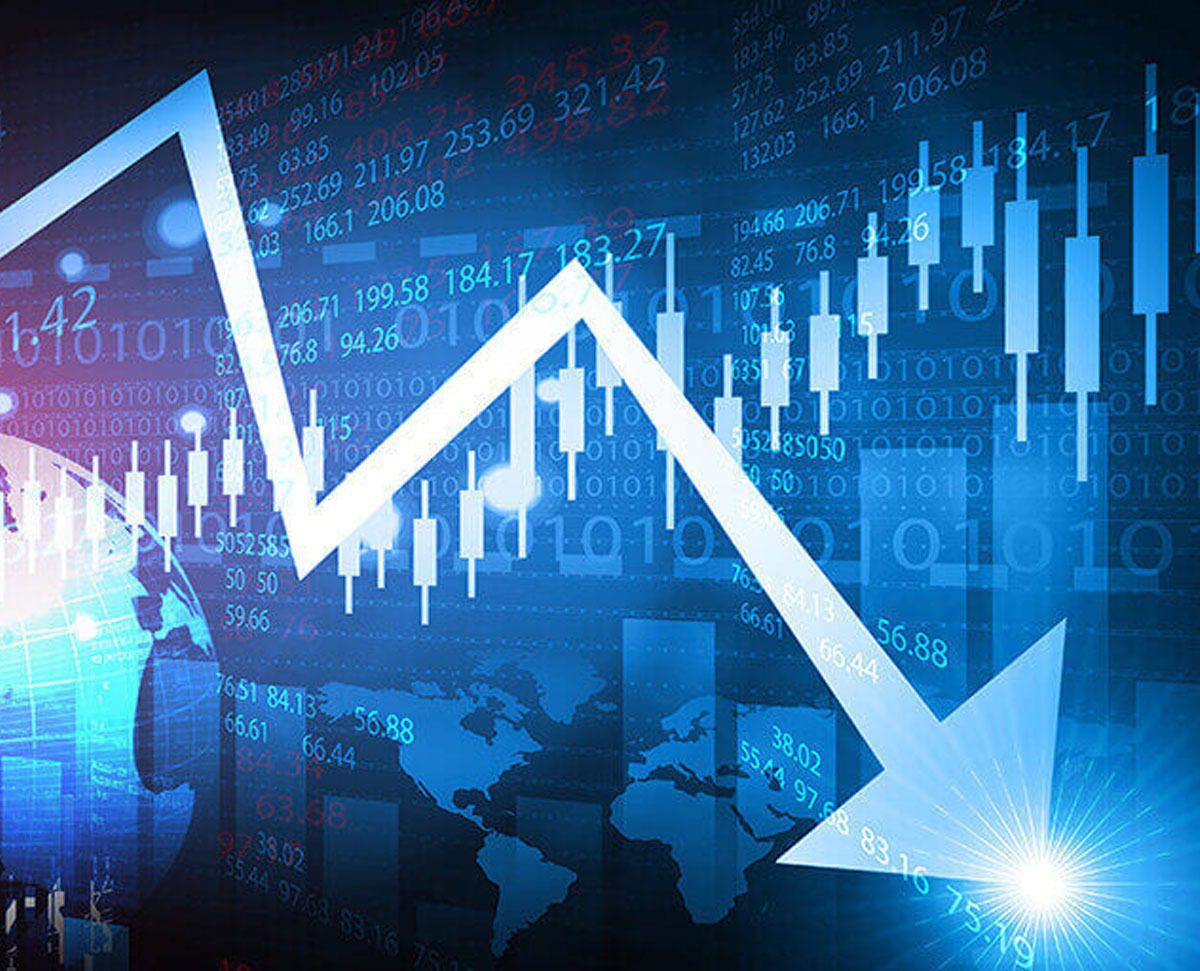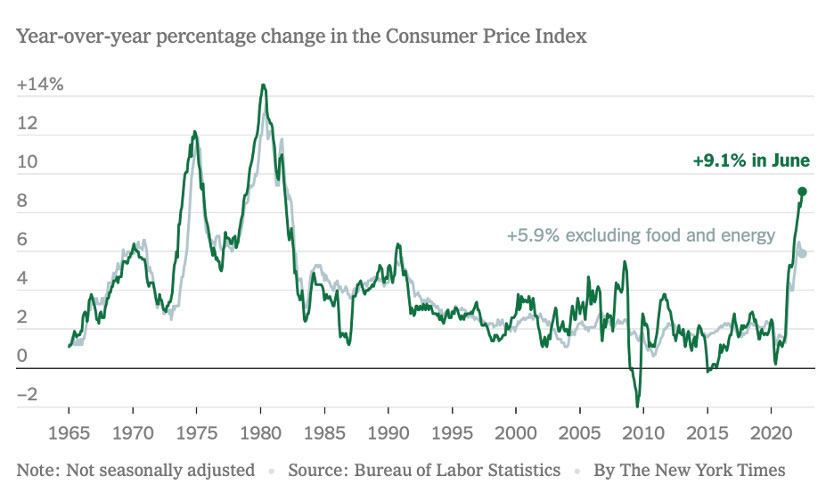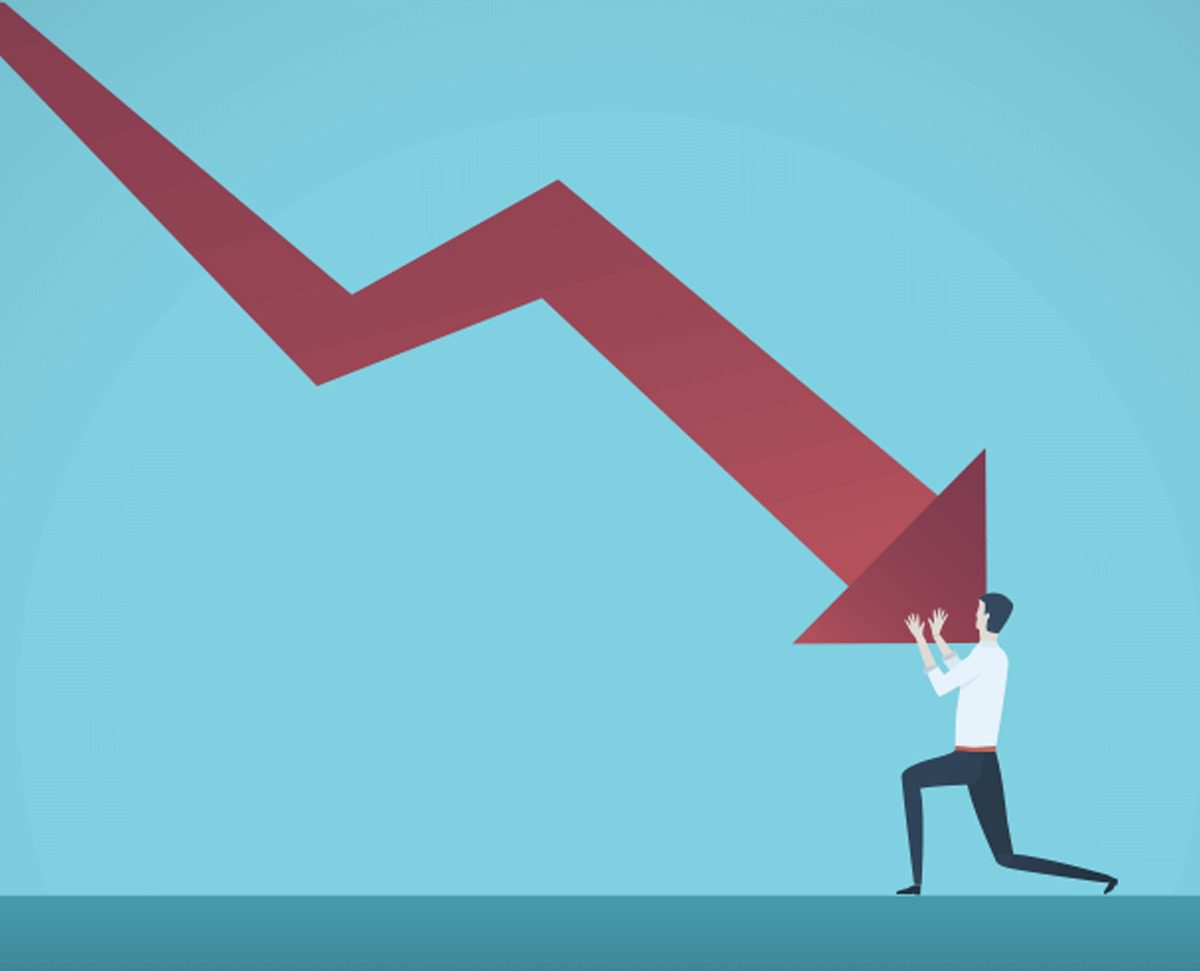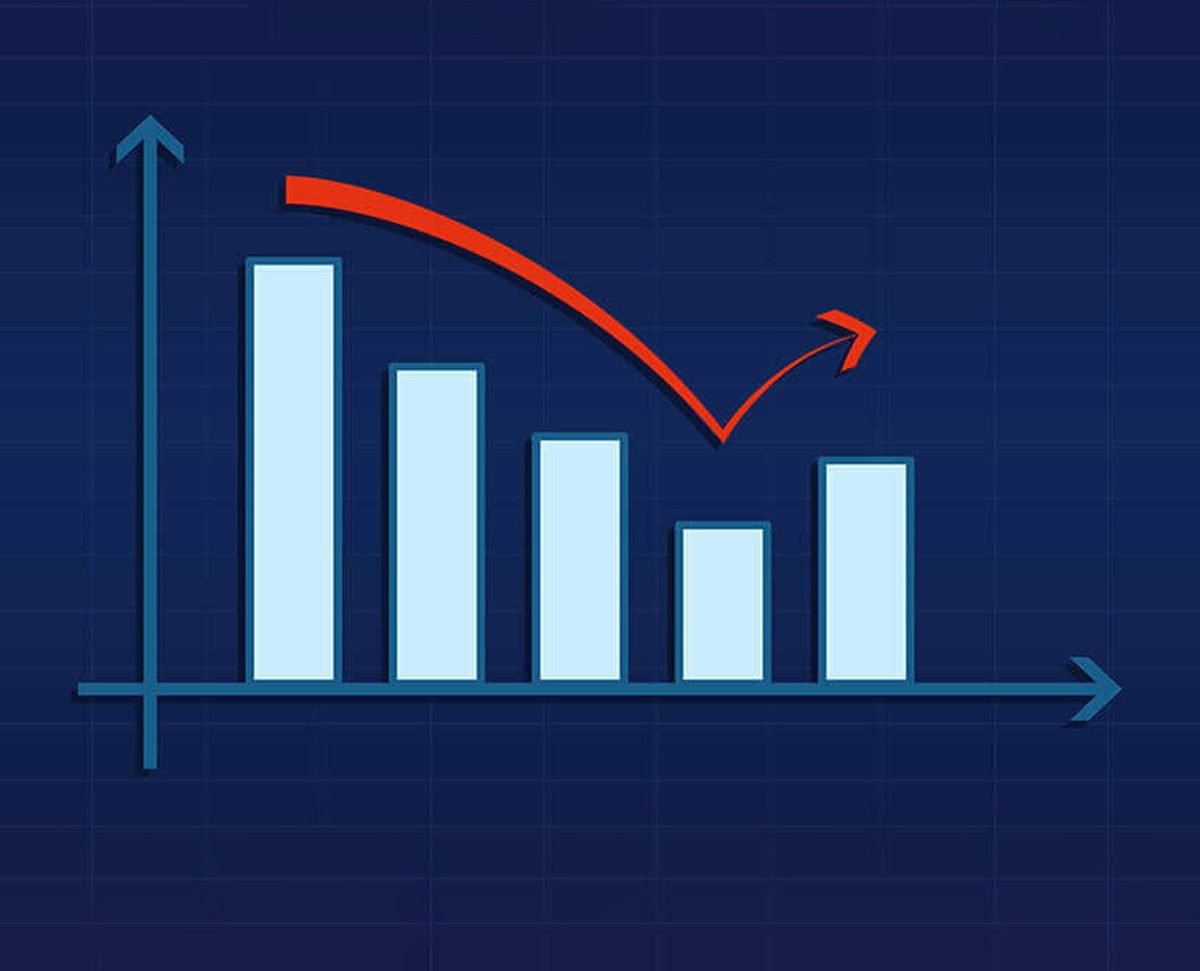
Markets Sink Following Inflation Report
July 14, 2022
The Week In Review: July 18 – July 24
July 26, 2022
And the Hits Just Keep On Comin'
Consumer price index (CPI) and producer price index (PPI) numbers for June were released last week — and the data’s not pretty. CPI came in at a new 40-year record high of 9.1%, 50 basis points higher than in May. Meanwhile, PPI jumped 11.3% over the past 12 months.
The latest CPI and PPI readings make it obvious inflation isn’t showing signs of peaking yet, and any conversation about the “worst is behind us” may be premature. With inflation heading in the wrong direction, we’ve all but cemented a 75-basis-point (0.75%) interest rate hike at the Federal Reserve’s meeting later this month. And it wouldn’t be surprising to see a rate increase of a full 1% from the Fed.
The latest CPI and PPI readings make it obvious inflation isn’t showing signs of peaking yet, and any conversation about the “worst is behind us” may be premature. With inflation heading in the wrong direction, we’ve all but cemented a 75-basis-point (0.75%) interest rate hike at the Federal Reserve’s meeting later this month. And it wouldn’t be surprising to see a rate increase of a full 1% from the Fed.

That’s a disappointing thought for markets, which had hoped for softer inflation data to encourage the Fed to pause its rate-raising plans in September. But the latest readings dashed those hopes, and markets ended another week down.
The market seems to be anticipating a couple of things. The first appears to be a fed funds rate of 3.25% to 3.5% by year-end. Anything above that level will be a bad surprise. Second, the market also seems to be anticipating a mild recession. The yield curve continued to invert last week, with the 10-year Treasury curve below the two-year note. (Remember, an inverted yield curve doesn’t always signal a recession, but every recession has been preceded by an inverted yield curve.)
What the market has not appeared to come to grips with is how much earnings will be impacted by ongoing high inflation. We got a taste of the pain late last week, as JP Morgan missed on earnings and announced it was stopping its stock buyback program. Why is this significant? Think about it: If you think your stock will go up, you buy. If you think it will drop, you stop buying. It’s not an auspicious beginning for the earnings season.
One of the only bright spots for consumers: Oil (and by extension, gas prices) is on its way down. While that’s good for our wallets, energy stocks pulled markets down last week as international oil prices fell to levels we haven’t seen since before Russia invaded Ukraine. And although PPI was high, some prices fell sharply in the past few weeks, including commodities like lumber.
In short, current economic data is a mixed bag — and has everyone scratching their heads about whether we’re heading for a recession and how long it will last. We should know if we are officially in a recession later this month when the first reading of second-quarter gross domestic product (GDP) is released. While we wait, it’s likely volatility will remain high and markets will continue to underwhelm. If the up-and-down is making you nervous, we recommend meeting with us to reassess your risk tolerance and review your portfolio.
What the market has not appeared to come to grips with is how much earnings will be impacted by ongoing high inflation. We got a taste of the pain late last week, as JP Morgan missed on earnings and announced it was stopping its stock buyback program. Why is this significant? Think about it: If you think your stock will go up, you buy. If you think it will drop, you stop buying. It’s not an auspicious beginning for the earnings season.
One of the only bright spots for consumers: Oil (and by extension, gas prices) is on its way down. While that’s good for our wallets, energy stocks pulled markets down last week as international oil prices fell to levels we haven’t seen since before Russia invaded Ukraine. And although PPI was high, some prices fell sharply in the past few weeks, including commodities like lumber.
In short, current economic data is a mixed bag — and has everyone scratching their heads about whether we’re heading for a recession and how long it will last. We should know if we are officially in a recession later this month when the first reading of second-quarter gross domestic product (GDP) is released. While we wait, it’s likely volatility will remain high and markets will continue to underwhelm. If the up-and-down is making you nervous, we recommend meeting with us to reassess your risk tolerance and review your portfolio.
Coming This Week
- Has there been a shift in the housing market? Lots of housing data will tell the story this week. Building permits and housing starts will be released today The latest existing home sales numbers will come out Wednesday, and the forecast is for existing home sales to drop from 5.41 million in May to 5.38 million in June.
- Other than that, it should be a relatively quiet week data-wise. Markets will be looking ahead to the week of July 25, when the Fed is scheduled to meet again.









Weekly Market Commentary 4/5/2024
Read more